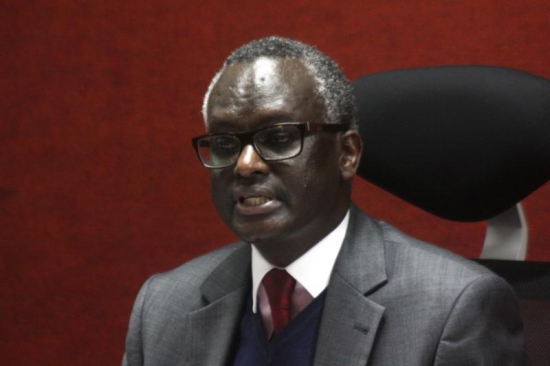×
The Standard e-Paper
Fearless, Trusted News

The High Court has locked out Senators and Members of the National Assembly from playing any role at the County Development Boards (CDB).
The decision by High Court judges Isaac Lenaola and Mumbi Ngugi nullified the County Government Amendment Bill 2014 meaning that members of the two Houses of Parliament will not set a foot in the boards that determine where monies allocated to the devolved systems will be channelled to.